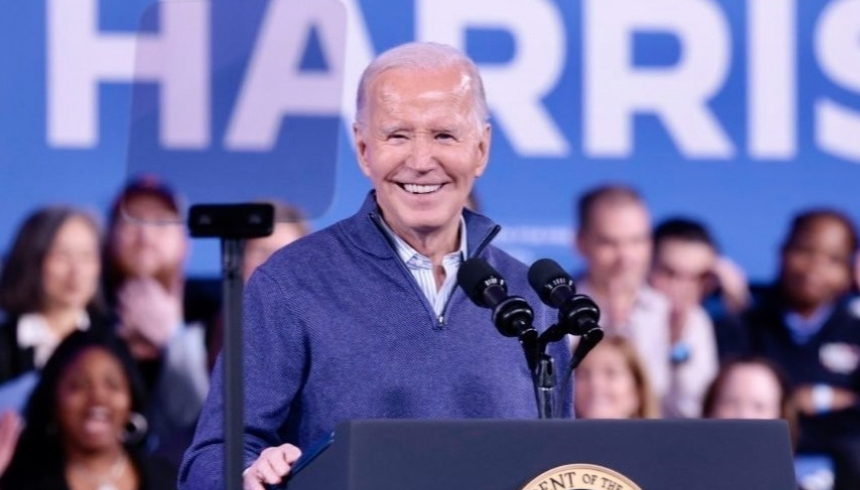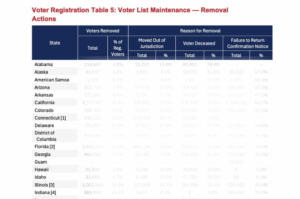President Joe Biden has made the executive decision to interrupt his scheduled beach weekend in Rehoboth Beach, Del., demonstrating a swift response to the escalating tensions between Israel and Iran. Originally slated to return to the White House on Sunday, the president’s unexpected return on Saturday underscores the urgency of the situation unfolding in the Middle East.

Amidst the backdrop of mounting threats and heightened security concerns, Biden seeks to convene with his national security team to address the evolving situation in the region. This proactive approach reflects the administration’s commitment to staying abreast of developments and taking decisive action to safeguard American interests and those of its allies.
Biden’s decision to cut short his leisure time has drawn attention and raised questions about the timing of his departure, especially as Iran’s threats against Israel continue to escalate. The recent assassination of a top Iranian Revolutionary Guard general in Damascus by Israel has further exacerbated tensions, raising fears of a potential conflict with far-reaching consequences.

While Biden returns to the White House to address the pressing issues at hand, Vice President Kamala Harris has also faced scrutiny for her absence during this critical period. Harris, who had embarked on a campaign appearance in Tucson, Arizona, on Friday, has been called upon to provide leadership and support in navigating the complexities of the situation in the Middle East.
The anticipation of a direct attack from Iran has prompted the United States to take proactive measures to bolster Israel’s defenses and deter potential aggression. In a show of solidarity and commitment to its ally, the US has deployed two guided-missile destroyers closer to Israel, equipped with advanced capabilities to intercept drones and incoming missiles.

This strategic deployment underscores America’s unwavering support for Israel’s security and its readiness to confront any threats to regional stability. The United States remains steadfast in its commitment to upholding the security and sovereignty of its allies in the face of emerging challenges and geopolitical tensions.
As tensions continue to simmer and the specter of conflict looms large, Biden’s decision to consult with his national security team underscores the gravity of the situation and the need for a coordinated and proactive response. The administration remains vigilant, closely monitoring developments in the region and exploring diplomatic avenues to de-escalate tensions and prevent further hostilities.

In the midst of uncertainty and volatility, the United States reaffirms its commitment to promoting peace and stability in the Middle East while safeguarding its interests and those of its allies. As Biden returns to the White House to address the evolving crisis, the world watches with bated breath, hoping for a resolution that will avert the specter of conflict and pave the way for dialogue and reconciliation.










